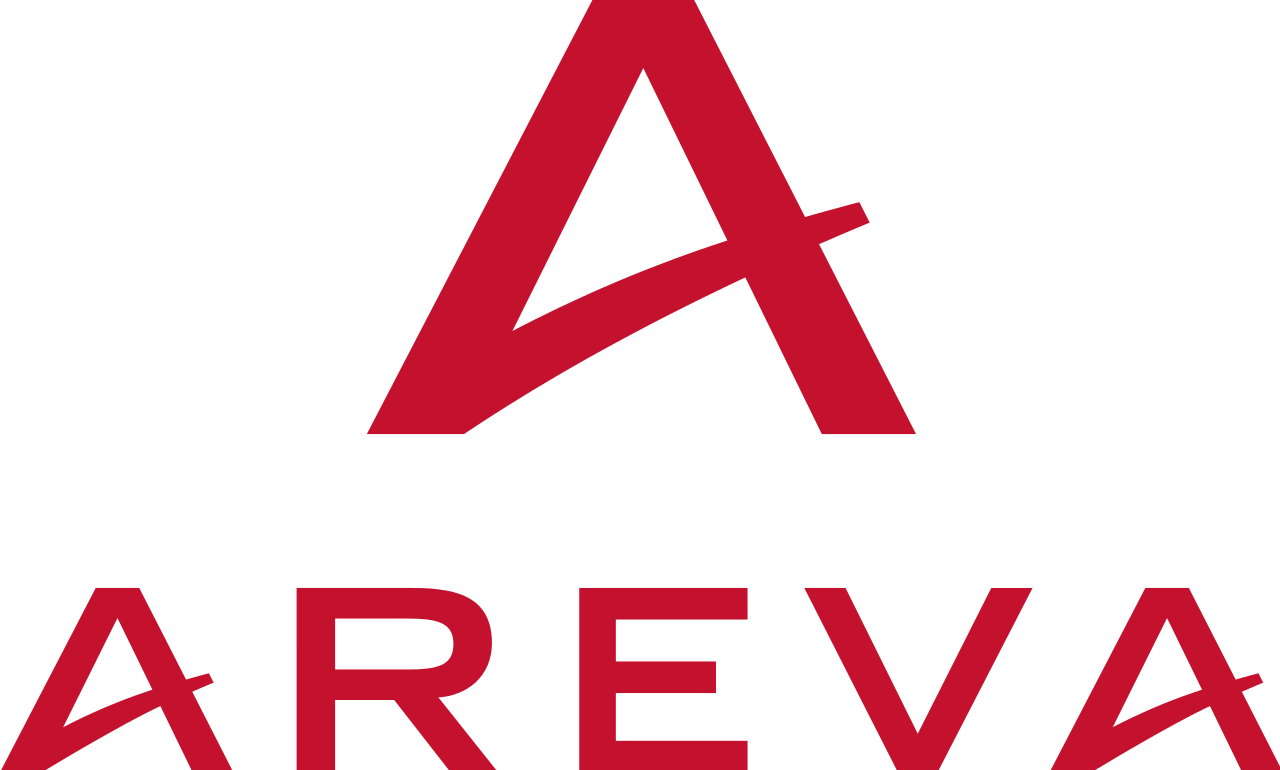From "MOX for Peace" to "Euroimg_cogemalogistics_savoirfaire_fabrication_qualite_fab._fr.jpg"
Following on from the START I and START II treaties on nuclear disarmament, a policy agreement was signed by the US and Russia in September 2000, under which both parties undertook to reduce their surplus stocks of weapons-grade plutonium by 34 metric tons. In 2002, the Department of Energy opted to clear its entire surplus by using it to fabricate MOX fuel (the "MOX for Peace" program) for use in civil nuclear power plants operated by electricity utility Duke Power. Consequently, the US administration gave the go-ahead for the construction of the Savannah River MOX fabrication plant (South Carolina). AREVA is associated with this plant through the Duke-Cogema-Stone&Webster (DCS) consortium.
In 2003, the US administration decided to boost its commitment to disarmament by asking France to fabricate four test fuel assemblies. These fuel assemblies will be loaded into one of the reactors operated by electricity utility Duke Power and will constitute one of the preliminary steps required before the regulatory license for this type of fuel can be granted in the US. The other alternative would be to wait for the MOX plant to come into operation in the US, but this would result in a setback of many years and the wide-scale elimination of excess plutonium would be delayed by an equally long period.
The French government has fully approved the assistance being provided by France and the French safety authority has authorized AREVA to fabricate the MOX fuel pellets and rods at Cadarache, the only plant with the flexibility required to produce such small amounts. The fuel rods will be transferred to the Melox plant for assembly.
High safety standards for fabrication at COGEMA Cadarache
Four months of this year will be devoted to fuel rod fabrication at Cadarache. The plant ceased commercial production on July 31, 2003 to allow refurbishment to the most recent seismic standards. The only activity carried out today is the packaging of scrap in preparation for the plant's future clean-up and dismantling; R&D and demonstration projects also continue. The Eurofab project in no way jeopardizes the plant's closure and given the very small quantities of plutonium involved, the risks in the event of an earthquake are minimal. With a total weight of 140 kg, the plutonium from the US will represent less than 1/20 of the 3 metric tons of material recycled in the plant every year when it was operating on a commercial basis.
No changes are required to either the equipment or the process to fabricate fuel assemblies using weapons-grade plutonium, and there are no consequences for employees or the environment. Only the procedures and design work have been adapted to make allowance for the isotopic composition of the plutonium. In addition to the special physical protection measures that have been taken, the facilities are inspected by the national safety authority (ASN) and by two international bodies, the IAEA and EURATOM.
Back to the US
The four fuel assemblies will be delivered to the US in early 2005, for loading into the reactor at Duke's Catawba plant next spring. They will generate enough electricity for a town of 100,000 inhabitants for one year.
In parallel, the DCS consortium is putting the finishing touches to the design of the Savannah River MOX fuel fabrication facility. Construction is scheduled to begin in mid-2005 with commissioning expected in 2008. Consequently, the first MOX fuel assemblies to be produced in the US should be ready for loading in 2009.
Transportation conditions
On Monday, September 20, two ships sailed out of Charleston in the US, heading for Cherbourg.
Measuring 100 meters by 15 meters, the Pacific Teal and the Pacific Pintail have been specially designed for the transportation of nuclear materials (plutonium, MOX fuel, used fuel and vitrified waste). They belong to the British company PNTL (Pacific Nuclear Transport Limited) which has almost 30 years' experience in transporting cargoes of this kind between France, Japan and, more recently, Australia, and has clocked up 4.5 million nautical miles without the slightest radiological incident. The transportation operation complies with French, American and international maritime safety regulations. Most importantly, the ships have been given "Irradiated Nuclear Fuel 3" ranking, the highest classification awarded by the International Maritime Organization. They have a double hull and a dual propulsion and rudder system and their internal structures are reinforced to withstand collisions.
The plutonium oxide is transported in safe, specially-designed casks built to standards laid down by the IAEA, considered by the organization as the basis of its safety system, regardless of the transportation method. The plutonium has been loaded onto one of these ships. Both are being tracked by satellite and are provided with canons. British army commandos specially trained in the protection of nuclear facilities and materials are also on board.
In France, the transportation operation is the responsibility of the government's Senior Defense Official, who demands that all safety measures (type of escort, armored vehicles used and other on-board defense systems) be kept strictly confidential. It should be noted that for over 15 years, non weapons-grade plutonium has been transported safely in France between the La Hague, Cadarache and Melox plants; over 1 million kilometers have been covered without incident.
Press Office
Charles Hufnagel
Patrick Germain
T: 33 1 44 83 71 17
F: 33 1 4483 25 52
press@areva.com
Investors Relations
Vincent Benoit
T: 33 1 44 83 71 79
vincent.benoit@areva.com
Frédéric Potelle
T: 33 1 44 83 72 49
frederic.potelle@areva.com
